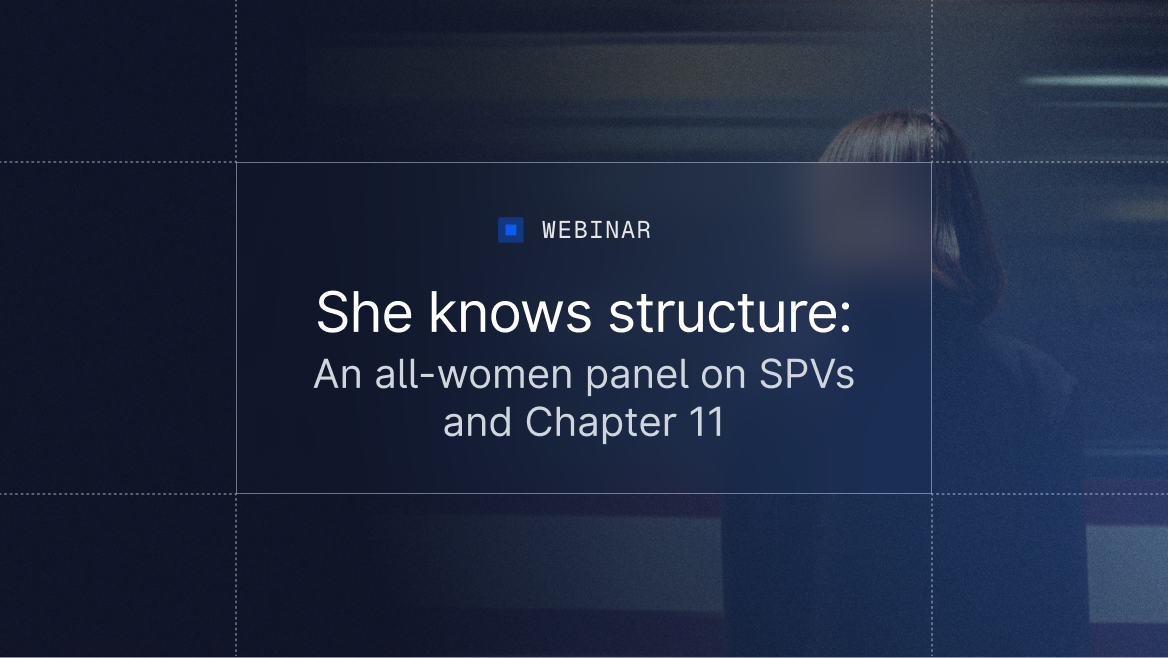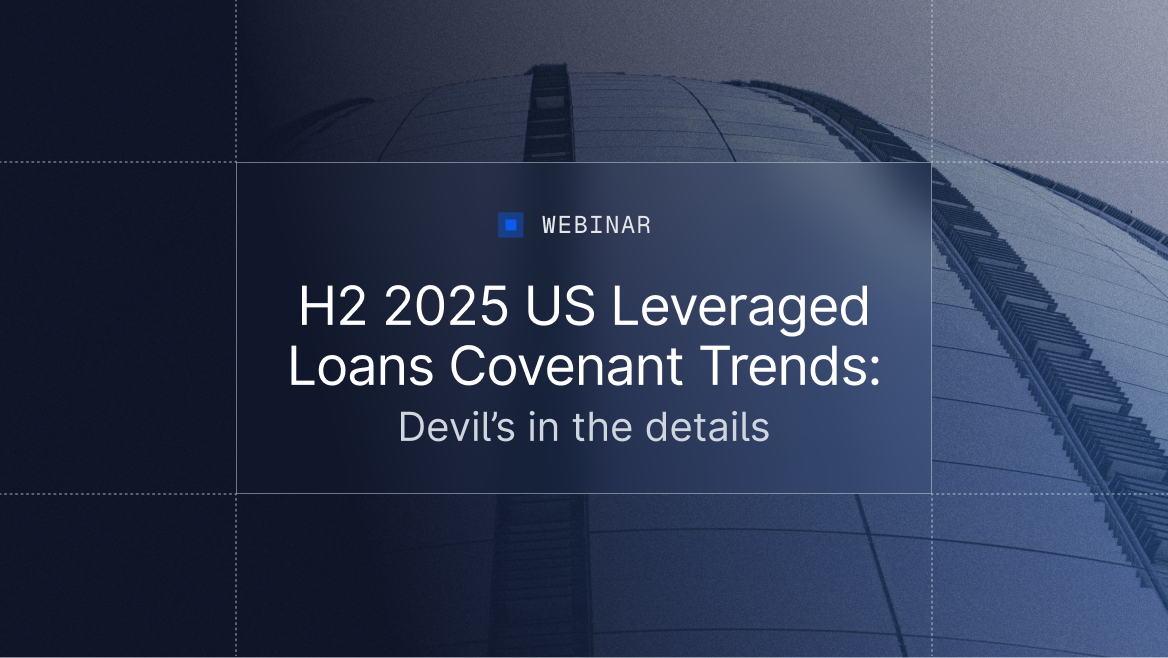News & InsightsLevFinDistressedPrivate CreditABFCLO
News & Analysis
Here’s what to watch in the Incora closing arguments
Max Reyes21 Jun 2024 | US | 4 minute read

Related Posts
Discover more insights.
Use the previous and next buttons or keyboard arrows to navigate between slides.





